Taxing times: the tax changes coming in April 2023
Rates to remain the same but frozen thresholds mean many people will pay more to HMRC
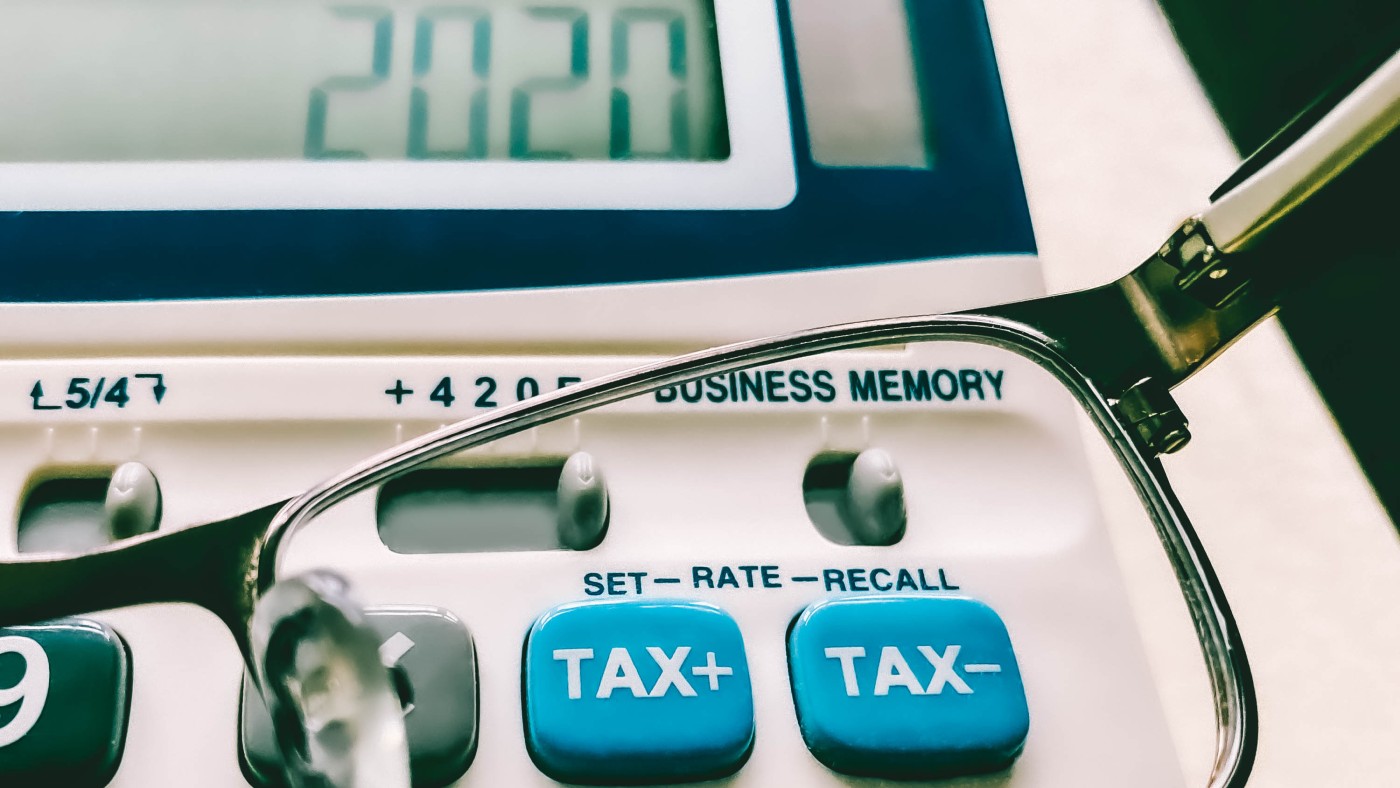
A free daily email with the biggest news stories of the day – and the best features from TheWeek.com
You are now subscribed
Your newsletter sign-up was successful
Major changes are coming to tax bills from April that could mean “millions of households will be worse off”, said The Sun.
Income tax allowances will be frozen in the new tax year, as will tax band thresholds, explained MoneyWeek. This means “considerably more people will have to start paying higher-rate and additional-rate tax” as wages slowly creep up and they are pushed into more expensive tax bands.
The government’s “ongoing tax grab” means it’s “vital to take advantage of all your allowances before midnight on the evening of the 5 April”, Hargreaves Lansdown analyst Sarah Coles said on Yahoo Finance.
The Week
Escape your echo chamber. Get the facts behind the news, plus analysis from multiple perspectives.

Sign up for The Week's Free Newsletters
From our morning news briefing to a weekly Good News Newsletter, get the best of The Week delivered directly to your inbox.
From our morning news briefing to a weekly Good News Newsletter, get the best of The Week delivered directly to your inbox.
The issue is made worse now that interest rates have reached a 15-year high of 4.25%, said the i newspaper, while inflation has continued to rise, “leaving consumers likely to face the largest increase in their bills in decades”.
Here are the main tax changes that could hit your wallet.
Income tax thresholds
Income tax is paid to HMRC based on your earnings above your personal allowance. In England, Northern Ireland and Wales, up to £12,570 can be earned without paying tax, but a rate of 20% is applied on further annual earnings up to £50,270, and then 40%.
These rates aren’t changing in April, but the allowance and thresholds are being frozen until 2028. And having tax thresholds that fail to rise in line with inflation or wage growth means you’ll “end up paying more tax on your income, particularly if you end up in a higher tax band as a result”, Which? said.
A free daily email with the biggest news stories of the day – and the best features from TheWeek.com
This phenomenon is known as fiscal drag. According to calculations by wealth manager Quilter, if wage growth averages 5% per year for the next four years but income tax thresholds remain frozen, a worker earning £50,000 today will be £2,643 worse off in the 2027-28 tax year. And in total, they would be £6,463 poorer over the four-year period.
Quilter has warned HMRC that almost 1.5 million more people will be “dragged” into higher tax bands by 2027-28, MoneyWeek reported.
The 45% rate
Higher earners who pay the top tax rate of 45p per £1 face handing over even more of their income, after Chancellor Jeremy Hunt used his Autumn Statement to lower the earnings threshold for this tax bracket. This was confirmed in his spring 2023 Budget.
At the moment, earnings are taxed at 40% from £50,271 up to £150,000. But from April, the so-called additional rate threshold will drop from £150,000 to £125,140.
The change, which is expected to push around 250,000 taxpayers into the higher band, makes tax planning “even more critical”, Paul Barham of tax firm Mazars told FTAdviser.
“If salary sacrifice is an option through your employer, consider using it to reduce your taxable earnings or think about increasing your pension contributions,” he said.
Beyond income tax
There is some good news at least for those worried that their energy bills are “heading skyward”, said the i newspaper, as Hunt said in his Budget that the government’s energy price guarantee – which limits gas and electricity bills – would remain at its current level of £2,500 until July amid falling wholesale costs.
The lifetime allowance cap on how much you can save in a pension will also be scrapped from April in a bid to encourage older workers, primarily senior NHS staff, back to work.
There are other changes due to kick in from April that could hit your budget, though. The amount you can earn before paying capital gains tax on sales of assets such as a second home or shares outside an Isa is set to be “dramatically cut”, Which? said. The allowance is falling from £12,300 to £6,000 in April, and will be reduced again next year to £3,000.
The tax-free allowance on dividends (payments made to a company’s shareholders) is also due to fall, from £2,000 to £1,000, before being reduced further to £500 from April 2024.
Households may also face paying more council tax, after Hunt changed rules to give town halls “additional flexibility” to increase the bills without a public consultation.
Business owners are facing a shock, added MoneyWeek, with corporation tax rising from from 19% to 25% for companies with more than £250,000 in profits. Hunt did also announce a new scheme that will allow businesses to deduct money invested in equipment from taxable profits.
Ultimately, said Larry Elliott in The Guardian, this year may prove to be “less dramatic” than 2022, but that “does not mean life is going to get any easier”.
Marc Shoffman is an award-winning freelance journalist, specialising in business, property and personal finance. He has a master’s degree in financial journalism from City University and has previously worked for the FT’s Financial Adviser, the financial podcast In For a Penny and MoneyWeek.
Marc Shoffman is an NCTJ-qualified award-winning freelance journalist, specialising in business, property and personal finance. He has a BA in multimedia journalism from Bournemouth University and a master’s in financial journalism from City University, London. His career began at FT Business trade publication Financial Adviser, during the 2008 banking crash. In 2013, he moved to MailOnline’s personal finance section This is Money, where he covered topics ranging from mortgages and pensions to investments and even a bit of Bitcoin. Since going freelance in 2016, his work has appeared in MoneyWeek, The Times, The Mail on Sunday and on the i news site.
-
 The broken water companies failing England and Wales
The broken water companies failing England and WalesExplainer With rising bills, deteriorating river health and a lack of investment, regulators face an uphill battle to stabilise the industry
-
 A thrilling foodie city in northern Japan
A thrilling foodie city in northern JapanThe Week Recommends The food scene here is ‘unspoilt’ and ‘fun’
-
 Are AI bots conspiring against us?
Are AI bots conspiring against us?Talking Point Moltbook, the AI social network where humans are banned, may be the tip of the iceberg
-
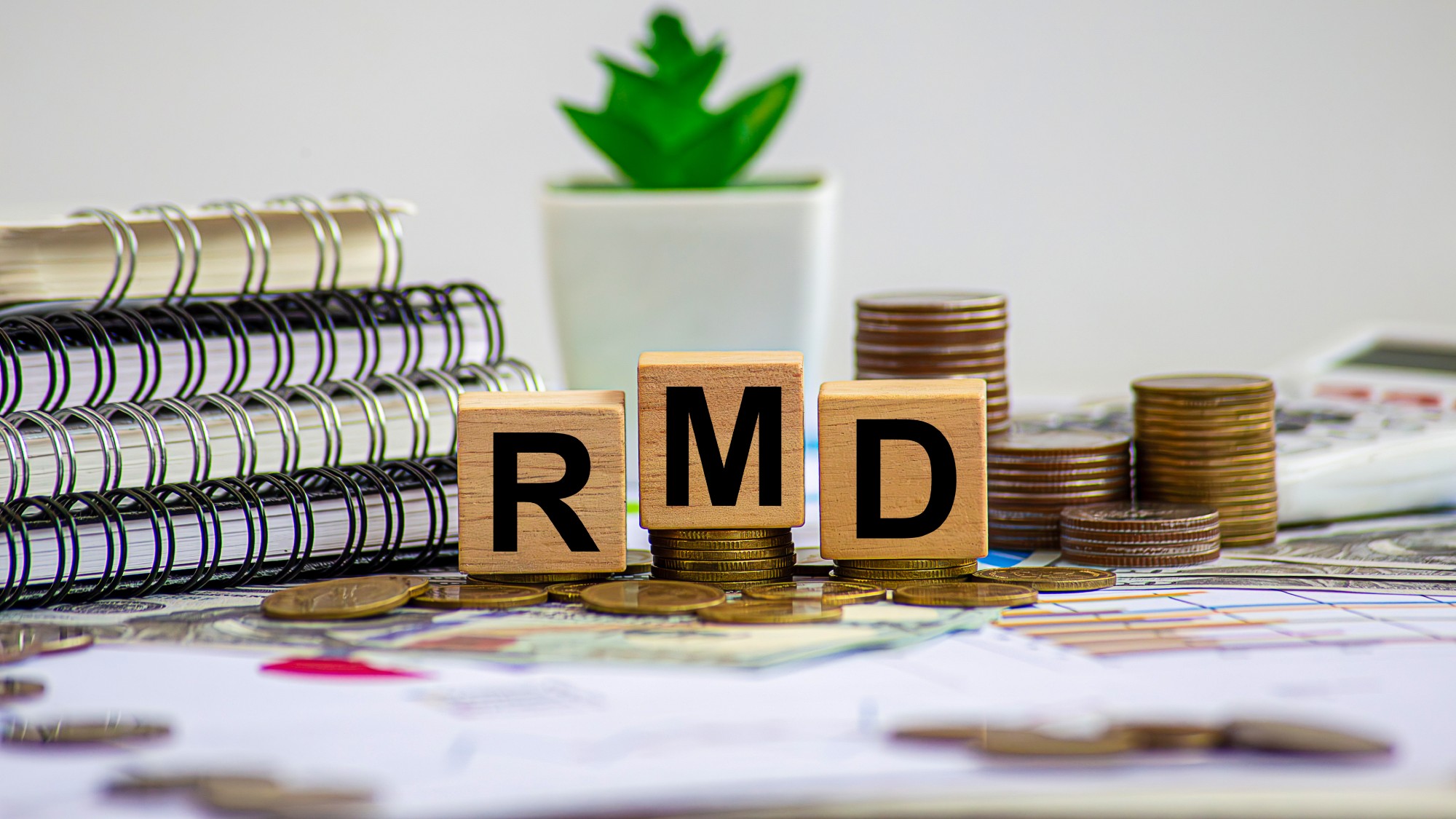 3 required minimum distribution tax mistakes to avoid
3 required minimum distribution tax mistakes to avoidThe Explainer Missteps in making withdrawals from tax-advantaged retirement accounts can cost you big
-
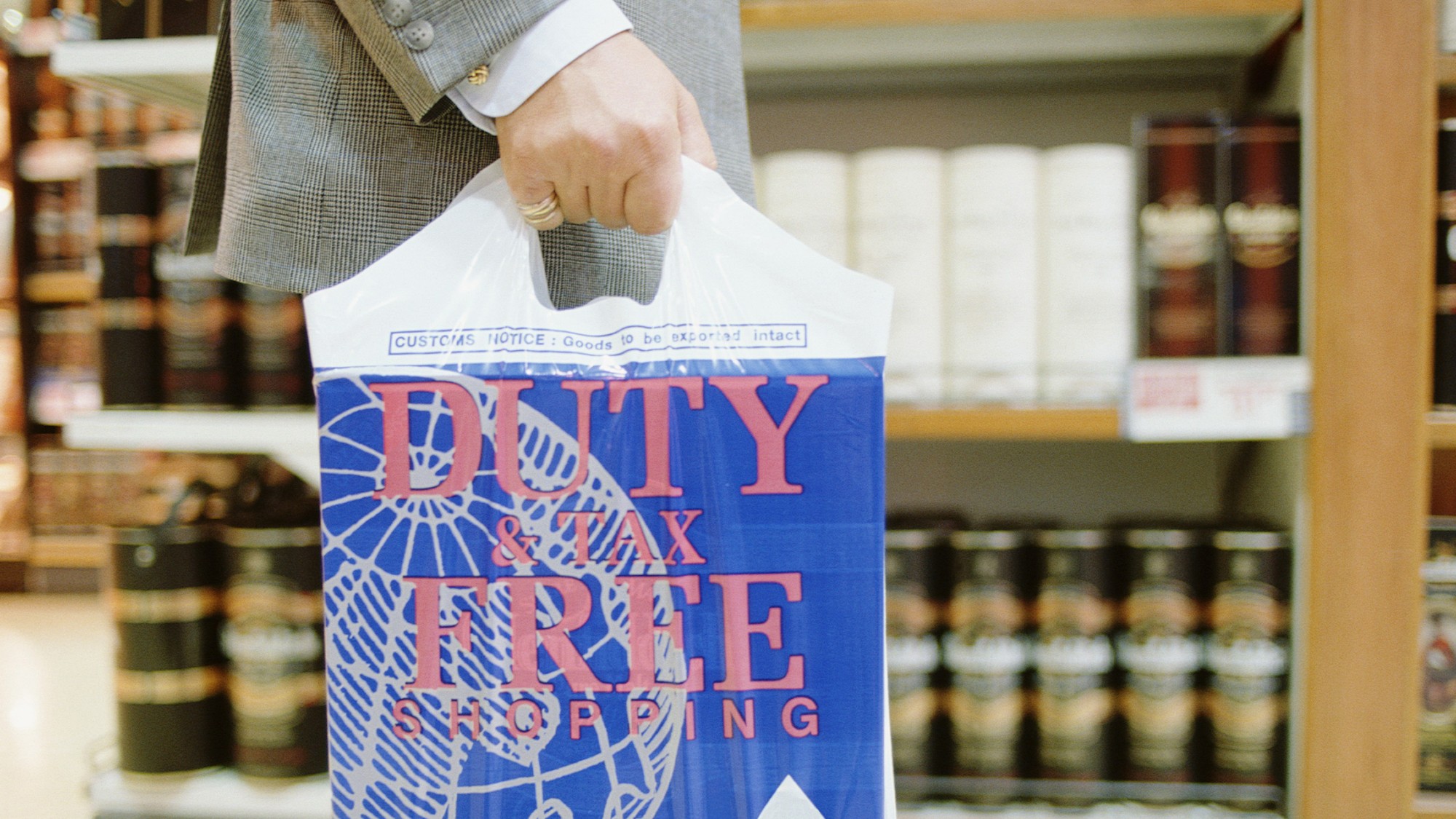 Is duty-free shopping worth it?
Is duty-free shopping worth it?the explainer How to determine whether you are actually getting a good deal
-
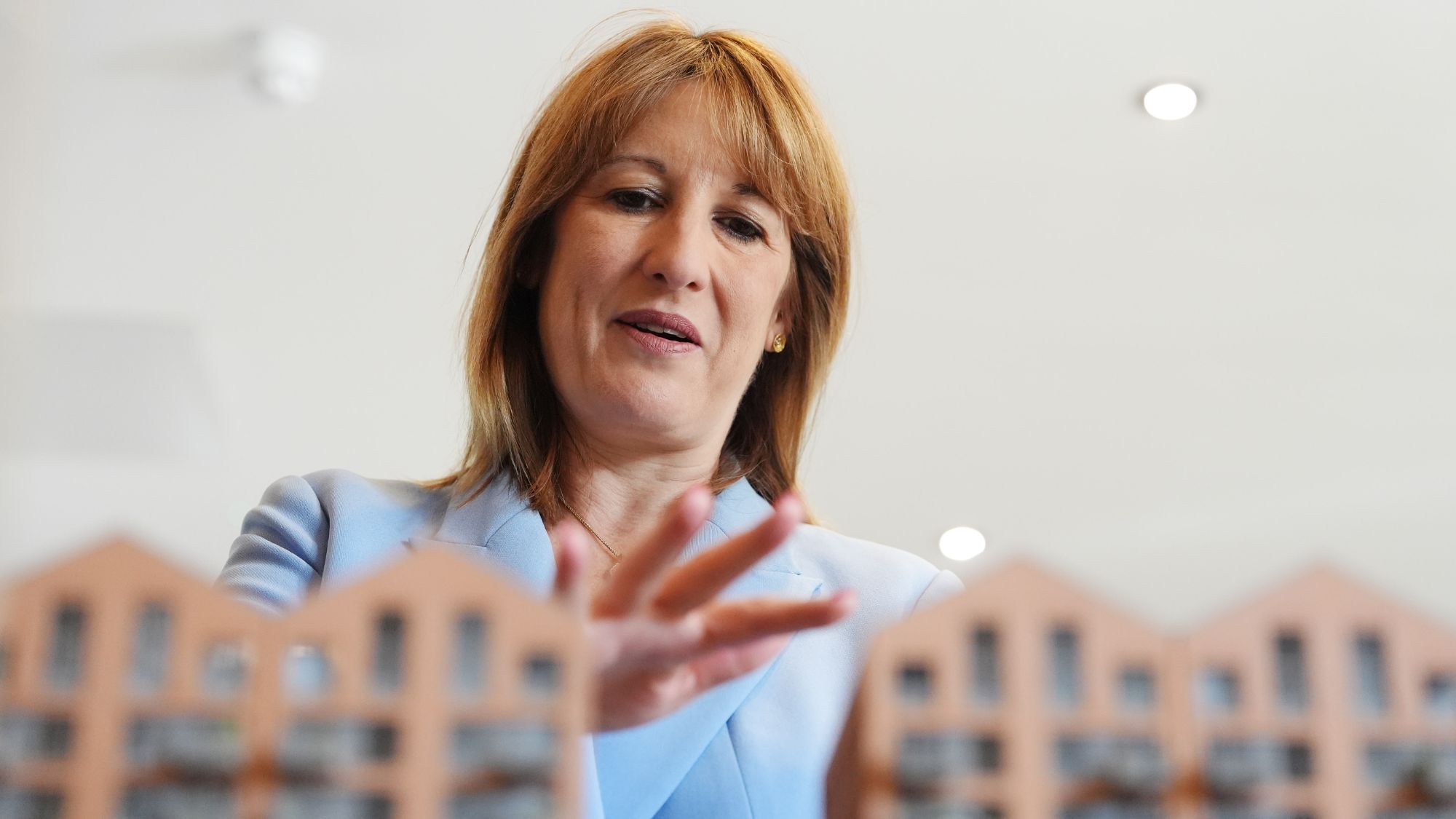 What the 2025 Autumn Budget could mean for your wallet
What the 2025 Autumn Budget could mean for your walletThe Explainer Chancellor Rachel Reeves will reveal her latest plan to balance the nation’s finances in November
-
 What taxes do you pay on a home sale?
What taxes do you pay on a home sale?The Explainer Some people — though not many — will need to pay capital gains taxes upon selling their home
-
 Clean energy tax credits are going away. Here's how to get them before it's too late.
Clean energy tax credits are going away. Here's how to get them before it's too late.The Explainer Trump's recently passed megabill promises the early demise of clean energy tax credits
-
 How will the new tax deductions on auto loans work?
How will the new tax deductions on auto loans work?the explainer Trump's One Big Beautiful Bill Act introduced a tax deduction on auto loan interest — but eligibility for the tax break is limited
-
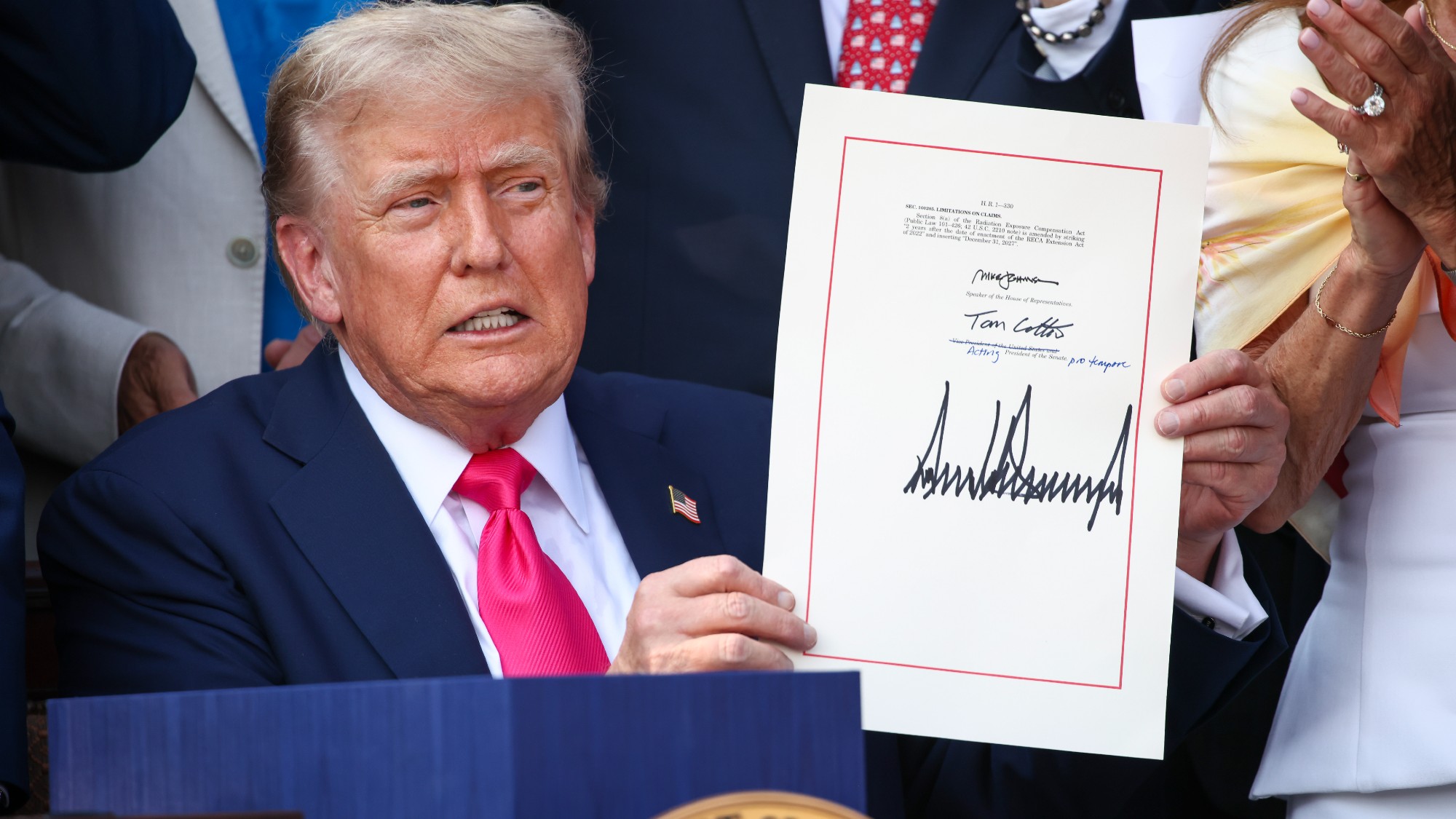 8 ways Trump's bill will change your taxes
8 ways Trump's bill will change your taxesThe Explainer The 'big beautiful bill' was recently signed into law. Here's what it might mean for your wallet.
-
 Who has to pay the estate tax?
Who has to pay the estate tax?the explainer Trump's new bill will permanently shift who owes federal estate tax